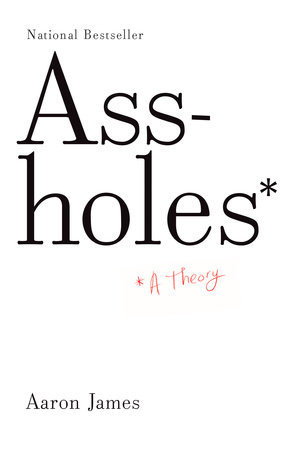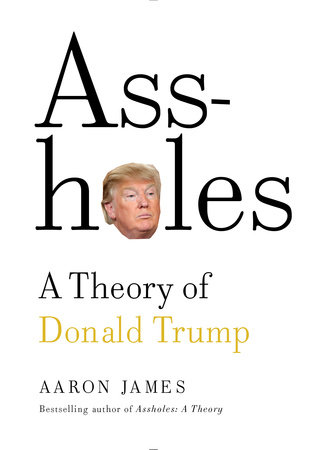Republican Asshole Taxation
A sympathetic understanding of “republican” thought requires us to raise taxes.
Here’s the sympathetic understanding: in society, our chief concern is and should be that everyone is assured against subjection to the arbitrary will of others. In being so assured, we can look at our fellow citizens in the eye, as equals. (Roughly, this is Pettit’s “non-domination” republicanism.)
That’s a basic concern with *relative status,* with how we feel we stand in comparison to others. But as I’ve explained before, that sort of motivation undercuts the standard economic reasons not to raise taxes, namely, that tax hikes will discourage work or investment, curb growth, and perhaps worsen deficits.
The asshole is illustrative. Bent on superiority, he’ll work just as hard in order to beat his perceived peers in the market even for lower absolute rewards. But if almost everyone is reliably moved by status comparisons–even if just that of “keeping up with the Joneses”–then tax hikes *won’t* curb effort or risk-taking. People will simply compete on a new, lower playing field, for relative position.
Hobbes and Rousseau see this as a deep and unavoidable part of human motivation. If republicans agree, as they do on a *sympathetic* understanding of their animating concerns, they can’t resist tax hikes in the name of promoting growth or reducing deficits.
Or at least they are forced to stage an uncertain argument that concerns for relative standing aren’t especially powerful in economic choices. What they’d have to say is that their own concerns with relative standing apply in *only* civic and political affairs. That is possible but not very plausible–and at any rate not something real republicans tend to argue. (Consider, for instance, the ruckus about not giving bankers or CEOs the respect they deserve, in fear of discouraging them from working or investing, as though they wouldn’t otherwise get out of bed for vast sums of money.)

